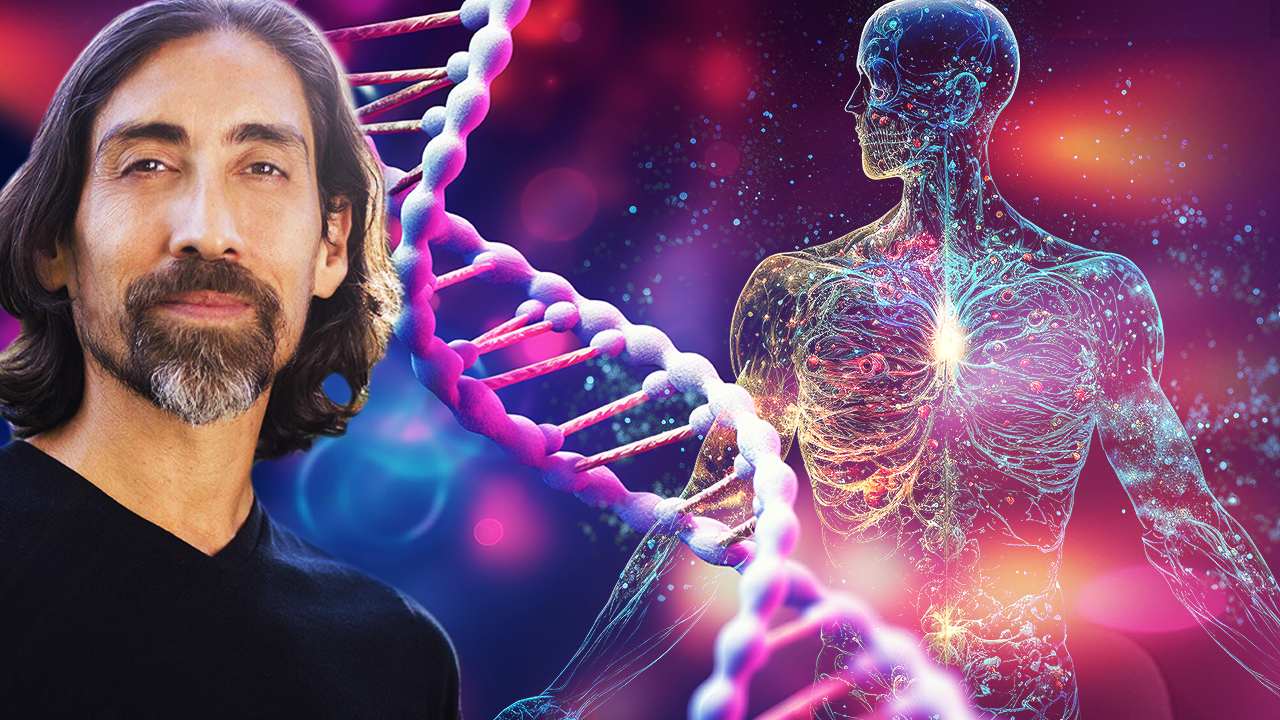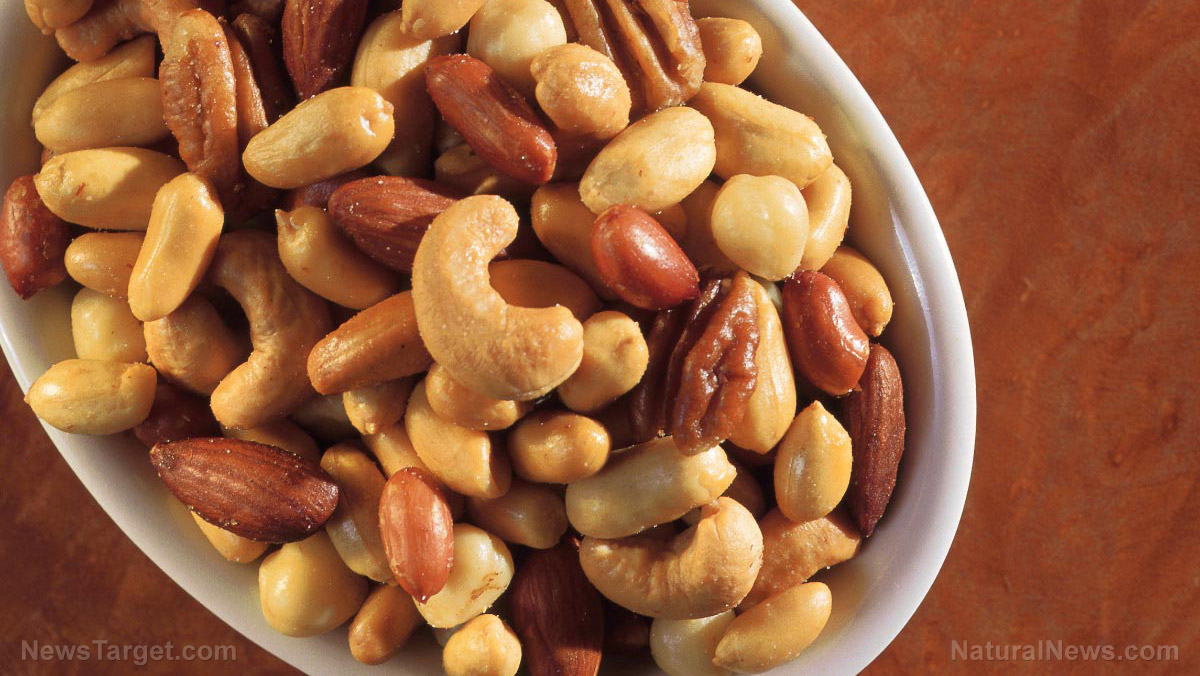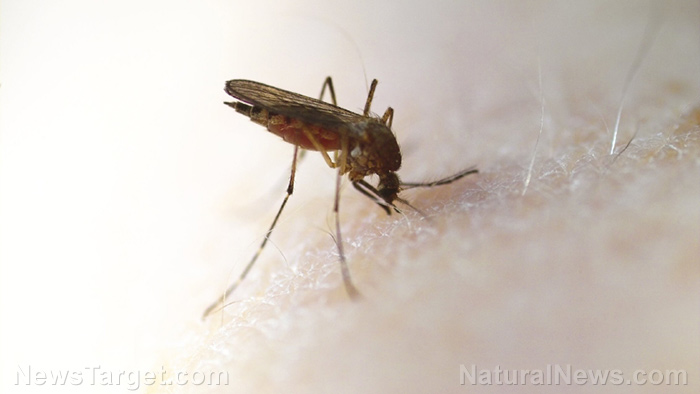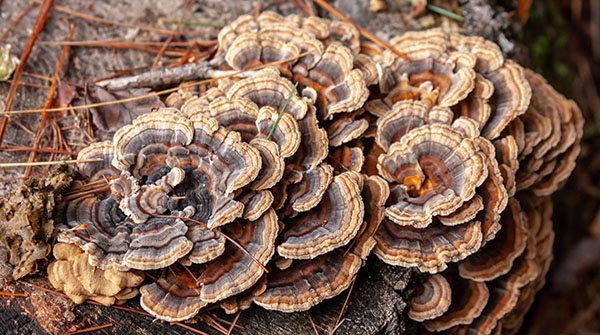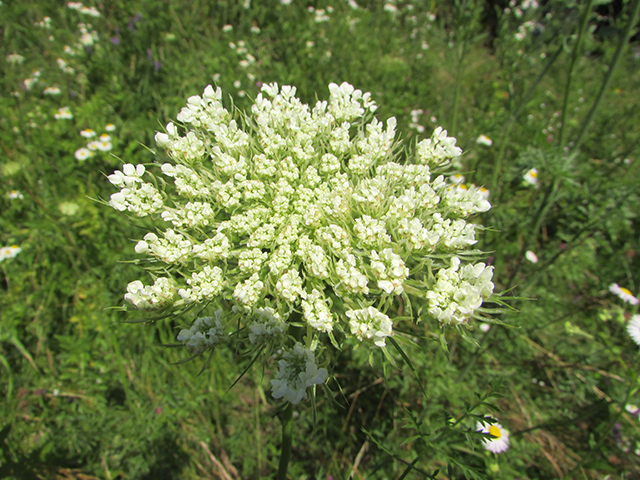Study: Curcumin in turmeric STARVES CANCER CELLS to death
08/29/2023 / By Olivia Cook

The polyphenol curcumin, which is responsible for the bright orange-yellow color of turmeric (Curcuma longa), appears to have preventative and therapeutic effects against various types of cancers.
Over 4,500 published peer-reviewed studies have shown curcumin to prevent cancer progression through a variety of mechanisms – by reducing inflammation, preventing chemical stress from radiotherapy and chemotherapy, shutting down cancer-promoting pathways and interfering with the growth and development of malignant cells.
Most recently, a study has shown that curcumin starves cancer cells to death by restricting the ability of cancer cells to extract much-needed energy in the form of glucose in the blood. This mechanism is especially appealing for cancer prevention because it targets the vast majority of cancers.
Starving malignant cells of their energy supply is an ideal way of boosting the body’s natural cancer resistance and helps eliminate cancer before a tumor is detected.
Here are some highlights from the most recent literature that confirm previous studies showing that curcumin has specific effects against breast, colorectal, liver, lung, prostate and stomach carcinomas and leukemia. (Related: Research explores the many health benefits of curcumin.)
Breast cancer
A study published in the journal Food Science and Human Wellness reported on curcumin’s potent inhibitory effects on breast cancer – the most prevalent type of cancer among women worldwide.
Researchers indicated that at low maximal inhibitory concentration, curcumin can suppress the growth of breast cancer cells that express the hormone receptor ER and sensitizes cell lines to anti-cancer drugs.
Moreover, it can induce apoptosis, or cell death, in cell lines independent of hormone receptor expression.
In addition, curcumin inhibits the proliferation of breast cancer stem cells (BCSC) – an important factor that influences cancer recurrence. The inhibition of BCSC proliferation suppresses metastasis, or the spread of cancer to different parts of the body, and reattachment – ultimately limiting tumor formation.
Colorectal cancer
Colorectal cancer (CRC) is one of the most common and reoccurring diseases, as well as one of the top causes of death worldwide. It is considered an ailment for old people, but it can also affect people under the age of 50.
A study published in Frontiers in Oncology reported that curcumin interrupts the cell cycle, as well as accelerates cell death, which can assist in inhibiting the spread of colorectal cancer and suppressing chemo-resistance. The activation of the cell death pathway is also another avenue by which curcumin performs its anticancer activities on colorectal cancer.
Curcumin also suppresses the growth of Helicobacter pylori strains taken from patients who are infected with gastrointestinal symptoms. Furthermore, treatment improvements in animals with inflammatory and hereditary colorectal cancer have been discovered.
A study published in the International Journal of Molecular Sciences has shown curcumin to promote the synthesis of proteins related to apoptotic processes and influence the pathways of inflammation-related programmed death.
Curcumin has also been found to trigger cell death by enhancing reactive oxygen species (ROS) production, inducing oxidative reactions and lysis, or the breakdown of mitochondrial membranes in colorectal cancer cells, resulting in reduced cell growth and increased apoptosis.
Liver cancer
Hepatocellular carcinoma (HCC) is the most common primary liver cancer and is the third most common cause of death from cancer globally in recent years.
As indicated in a study published in the Journal of Hepatology, curcumin exhibited a variety of biological mechanisms, including cell cycle regulation, the induction of apoptosis and the inhibition of metastasis, oncogene (mutated gene that contributes to cancer development) expression and tumorigenesis (the formation of tumors). It has also been shown to reduce populations of liver cancer stem cells.
Lung cancer
A study published in the journal Pharmacological Research reported on curcumin’s role in respiratory diseases, such as acute lung injury, asthma, chronic pulmonary disease (COPD), pulmonary fibrosis and lung cancer.
Despite decades of research and the recent development of novel therapeutic approaches, the five-year survival rate of lung cancer patients has remained an abysmal 10-15 percent. This is mainly due to the fact that patients often present with late-stage disease, according to a study published in the journal Carcinogenesis.
Results of the study published in the journal Biomedicine and Pharmacotherapy suggested that curcumin exerts a suppressive effect on tumor growth by acting as a modulator of multiple molecular targets.
Prostate cancer
According to the American Cancer Society, about one man in eight will be diagnosed with prostate cancer during his lifetime. It is the second leading cause of cancer death in American men, just behind lung cancer.
About one man in 41 will die of prostate cancer. Prostate cancer death rate has declined by about half from 1993 to 2013, most likely due to earlier detection and advances in treatment. Since then, however, the pace of decline has slowed, likely reflecting the rise in cancers being found at an advanced stage.
Curcumin has multiple actions against prostate cancer. It defends prostate cells against the dysfunctional proteins produced during cancer progression. It also slows invasion of nearby healthy tissue by cancer, which helps to keep the tumor at a lower grade (meaning it grows more slowly and has a better prognosis), as indicated in the study published in the Journal of Pathology, Microbiology and Immunology.
Meanwhile, a study published in Cancer Science reported that curcumin can also reduce tumor-derived testosterone production in prostate cancer cells. This is a hidden source of male hormones that often contributes to treatment-resistant diseases. This development offers a welcome new approach to treating these challenging tumors.
Visit Turmeric.news for more stories about the anticancer properties of curcumin.
Watch this video about the use of turmeric, which is rich in curcumin, against cancer.
This video is from the Conners Clinic channel on Brighteon.com.
More related stories:
Turmeric: One of the world’s most powerful superfoods.
Discover the superfood power of turmeric.
Curcumin is better than anti-inflammatory drug for rheumatoid arthritis.
Protect your heart with turmeric.
Sources include:
Submit a correction >>
Tagged Under:
anticancer, cancer treatment, cancer tumors, curcumin, food cures, food is medicine, herbal medicine, Herbs, natural cures, natural health, natural medicine, Oncology, phytonutrients, plant medicine, research, turmeric
This article may contain statements that reflect the opinion of the author
RECENT NEWS & ARTICLES
COPYRIGHT © 2017 PHYTONUTRIENTS NEWS







